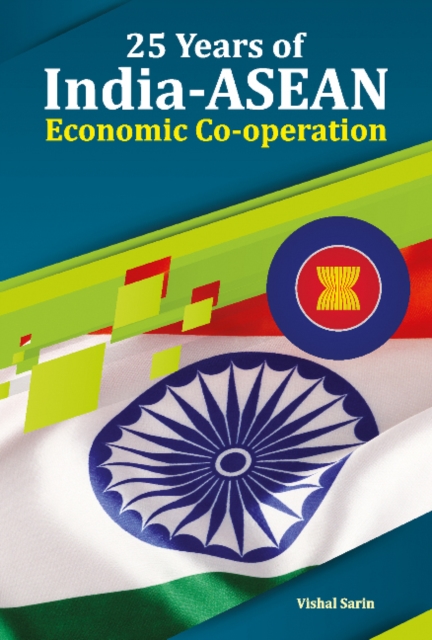CITESTE MAI MULT
Detalii
Descriere RO
India has always stood for an open, equitable, predictable, non-discriminatory and rule-based international trading system. It views regional trade agreements (RTAs) as building blocks in the overall objective of trade liberalization as well as complementing the multilateral trading system under the World Trade Organization (WTO). India has been actively engaging in regional and bilateral trade negotiations with a view to diversify and expand the markets for its exports as well as ensuring access to raw materials, intermediates and capital goods for stimulating value added domestic manufacturing.
India unveiled its Look East policy in 1991. East Asia (including Japan, China, South Korea and ASEAN) is today India’s largest trading partner. India’s engagement with the Association of Southeast Asian Nations (ASEAN) started with its Look East policy. ASEAN has a membership of 10 countries, namely Brunei Darussalam, Cambodia, Indonesia, Lao PDR, Malaysia, Myanmar, Philippines, Singapore, Thailand and Vietnam. India became a Sectoral Dialogue Partner of ASEAN in 1992 and Full Dialogue Partner in 1996. In November 2001, the ASEAN-India relationship was upgraded to the summit level.
Heads of State/Government of the Member States of ASEAN and the Republic of India gathered in New Delhi on January 25, 2018 to commemorate the 25th Anniversary of ASEAN-India Dialogue Relations under the theme of ‘Shared Values, Common Destiny’. They reaffirmed their commitment to guide ASEAN-India Dialogue Relations by the principles, shared values and norms enshrined in the Charter of the United Nations.
This book traces the course of India-ASEAN economic relations, focusing on trade. It provides an in-depth analysis of trade flows between India and the ASEAN countries in recent years.
EdituraNew Century Publications
Dimensiuni244 x 157 x 21
Data Publicarii11/03/2019
Format
Cartonata
Numar pagini176
Aceasta este o carte in limba engleza. Descrierea cartii (tradusa din engleza cu Google Translate) este in limba romana din motive legale.
India a sustinut intotdeauna un sistem de comert international deschis, echitabil, previzibil, nediscriminatoriu si bazat pe reguli. Acesta considera ca acordurile comerciale regionale (ACR) sunt elemente de baza in obiectivul general al liberalizarii comertului, precum si completarea sistemului comercial multilateral in cadrul Organizatiei Mondiale a Comertului (OMC).

